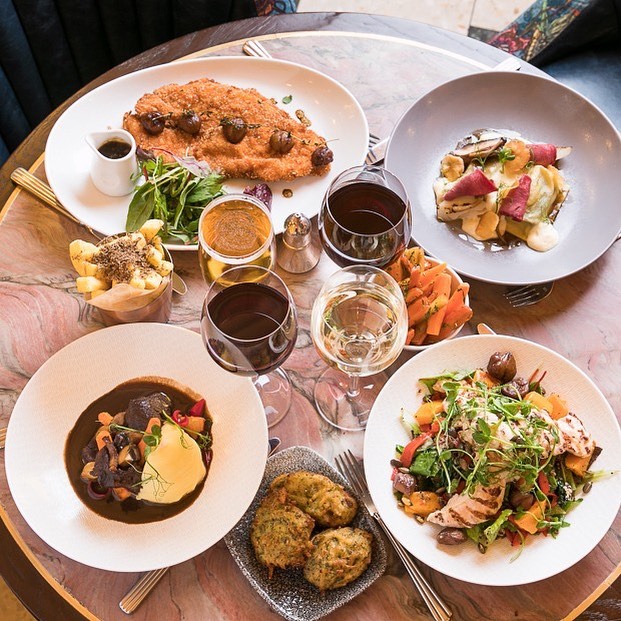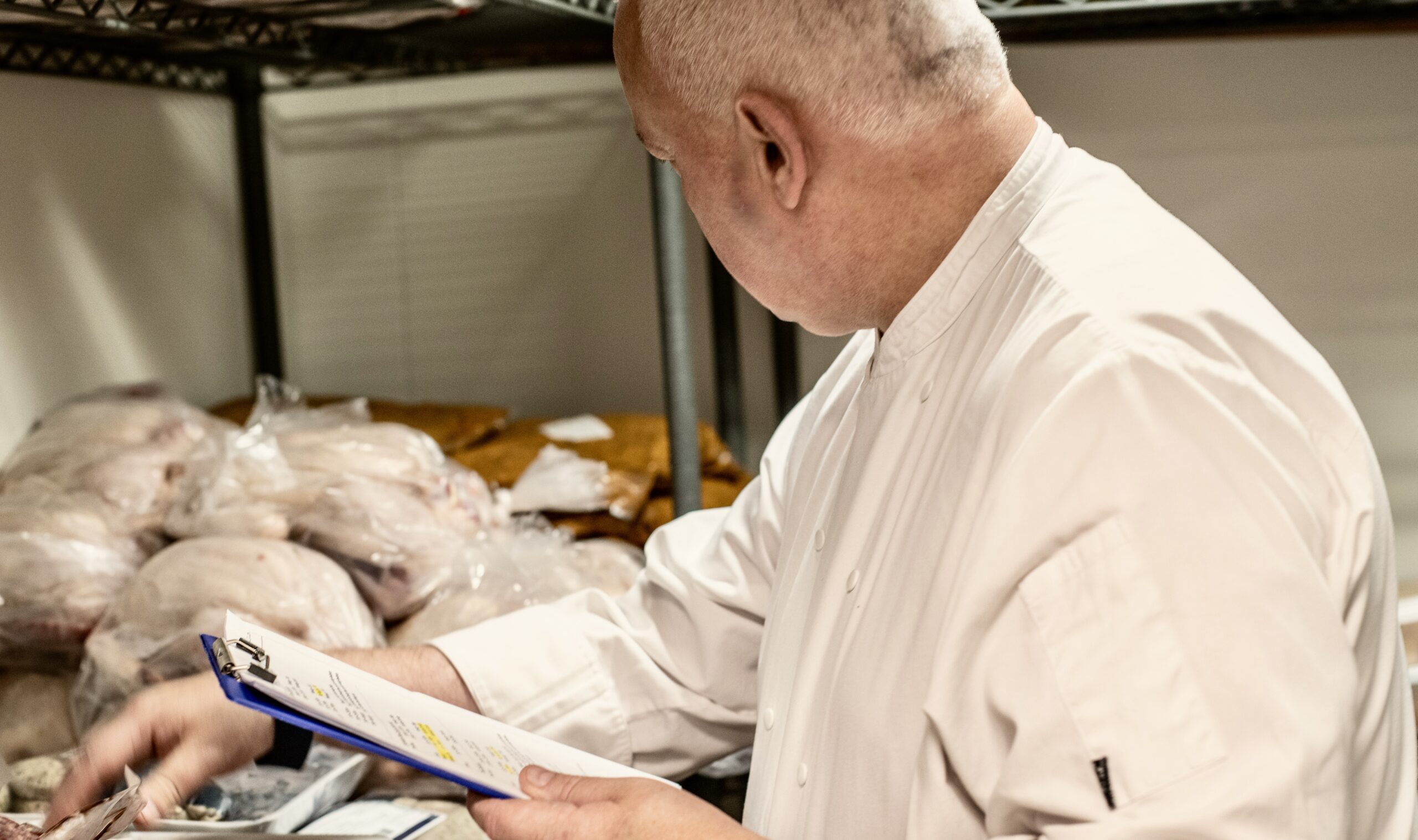Market Halls: A Culinary Revolution and Social Hub
The Rise of Market Halls
Market halls, once traditional marketplaces, have evolved into dynamic culinary hubs catering to modern consumers’ ever-changing tastes and preferences. These vibrant spaces offer a diverse range of dining options, from street food to fine dining, making them popular destinations for both locals and tourists.
Their origin may come from historical food markets such as La Boqueria in Barcelona or Borough Market in London, but they evolved the concept into a comfortable setting, fit for the needs of an educated clientele, and in a warm and relaxed environment.
A prime example of this trend is Time Out Market London, a bustling food hall that showcases the city’s best chefs and restaurants under one roof. It was initiated in Lisbon in 2014 and is now one of the city’s most popular attractions.
This innovative concept has transformed the dining scene, offering a unique culinary experience that caters to diverse dietary needs and preferences for a reasonable price point.
Incubating Culinary Talent
Market halls have emerged as ideal platforms for up-and-coming chefs and food entrepreneurs to showcase their culinary skills and experiment with innovative dishes. By providing a shared kitchen and dining space, these venues reduce the financial burden associated with opening a traditional restaurant. This allows chefs to focus on their creativity and build a loyal customer base.
Time Out Market London, for instance, has given a platform to numerous talented chefs, enabling them to gain recognition and expand their businesses. The market’s curated selection of restaurants offers a diverse range of cuisines, from classic British dishes to international flavours.



